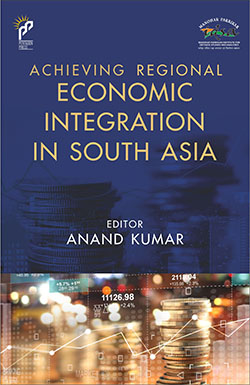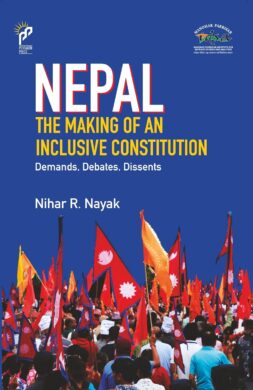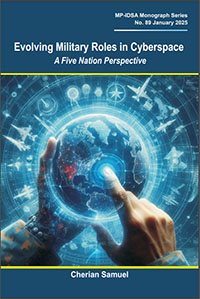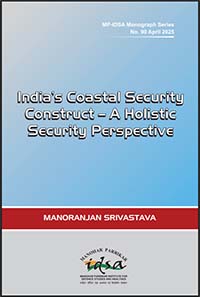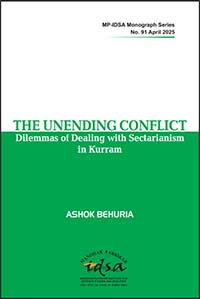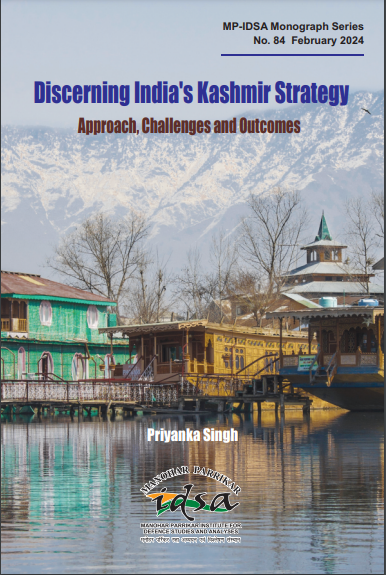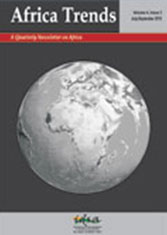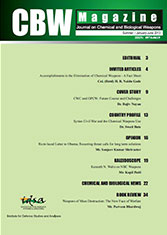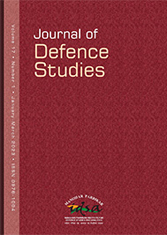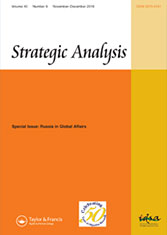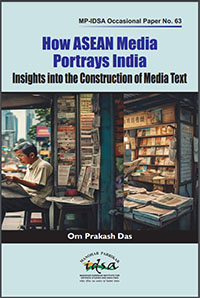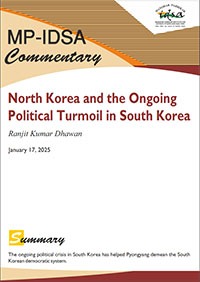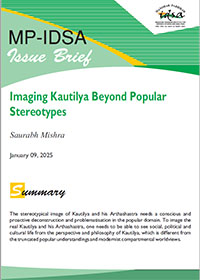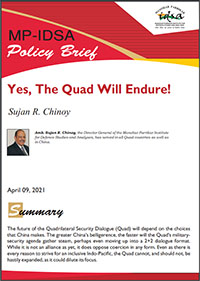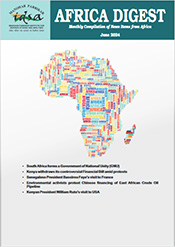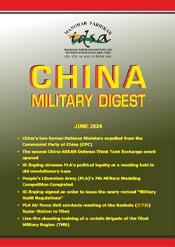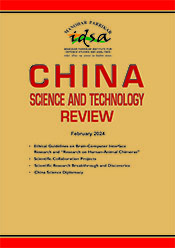Publications
Books
Monographs
Journals / Magazines
MP-IDSA publishes four journals - Strategic Analysis, Journal of Defence Studies, CBW Magazine, and Africa Trends. Strategic Analysis has been in print since 1977 and is one of the most established Indian journals in the field of strategic studies. It is now being complemented by the Journal of Defence Studies, which began its innings in the Summer of 2008. The third, more specialized journal focusing on issues relating to chemical and biological weapons, is the CBW Magazine, launched in November 2007.
Comments & Briefs
MP-IDSA publishes briefs and papers on significant national and international events both to provide background as well as analysis and recommendations. These include Policy Briefs, Issue Briefs and Special Features on the website, as well as Occasional Papers.

